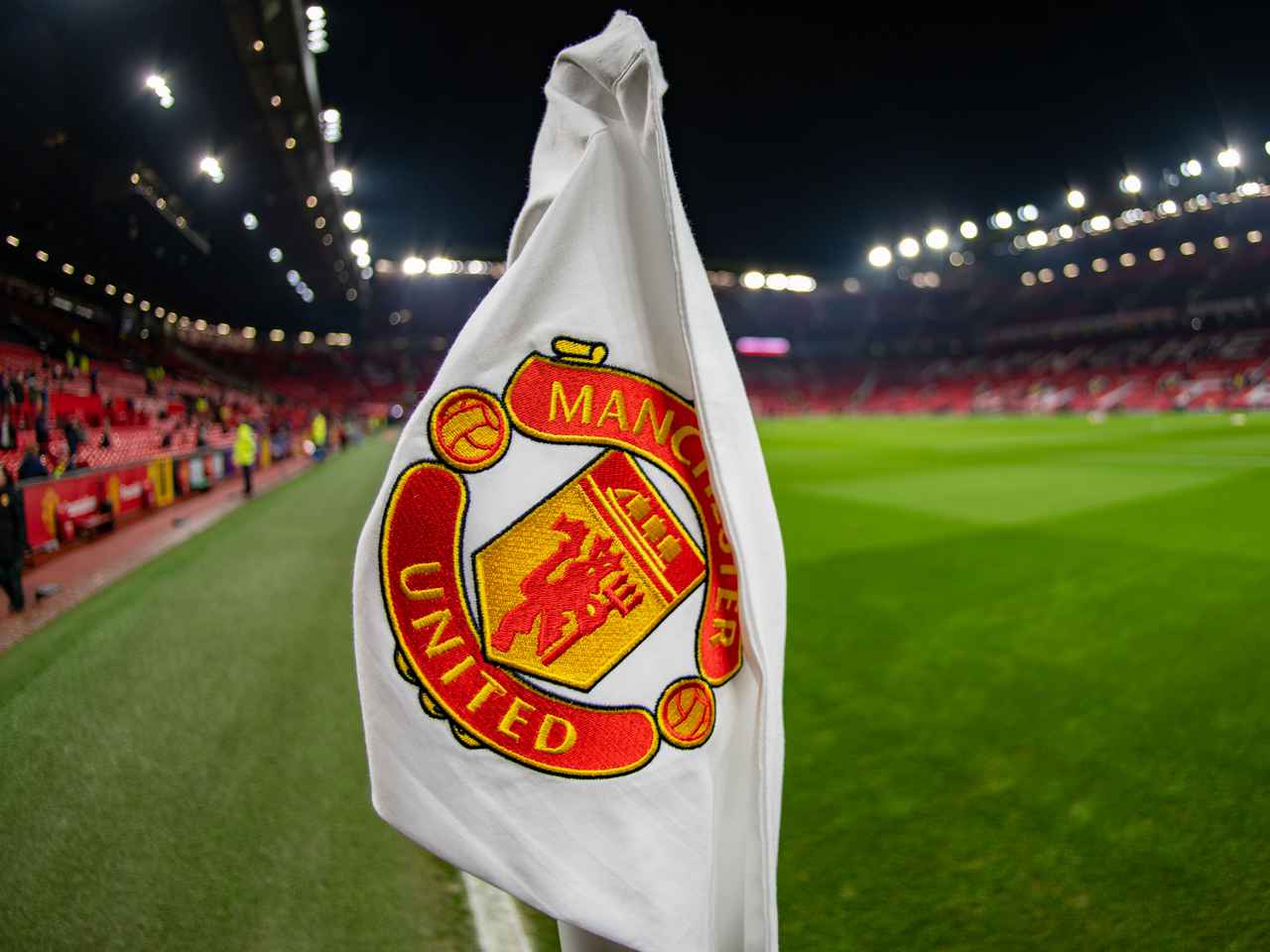

News
£1 Billion In Revenue: An Expectation For Manchester United By 2027?
Ambitious Revenue Projections of Manchester United continue to grow despite outdoor difficulties. The club loaded its pitch deck with lofty projections in an attempt to entice possible backers. Something startling came to light When they bragged about having a billion-strong global fan base and being the most successful football team in England.
Sir Jim Ratcliffe, inching towards a 25% stake via his firm INEOS, and representatives from Sheikh Jassim bin Hamad Al Thani’s bid were informed that the club anticipates generating £1 billion ($1. 2 billion) in annual revenue by the end of the 2027 financial year. This projection excluded potential revenue from Old Trafford’s development, relying on increased broadcast, commercial, and match-day income.
However, scepticism brewed even within United; achieving this ambitious target seemed nearly implausible. Despite reporting record revenues of £648.8 million for the year ended June 30, 2023, projections for the fiscal year ending June 2024 ranged between £650 million and £680 million. To bridge the gap and hit £1 billion in the next four years, they’d need to secure an additional £350 million — a considerable feat. Former executive vice-chairman Ed Woodward once remarked that the team’s performance didn’t significantly affect their commercial endeavours.
However, an insider likened the club’s situation to a snake without its head, indicating that football success dictates commercial prosperity, highlighting the crucial interplay between the two. The club’s recent deals, including the Adidas contract worth £900 million over a decade and the forthcoming front-of-shirt sponsorship with Qualcomm targeting £60 million per year, signified United’s robust financial activity. Nonetheless, the discrepancy between their current on-field achievements and the glory days under Sir Alex Ferguson raised questions about the potential revenue surge with sustained sporting success.
Football finance expert Dr. Rob Wilson emphasized the daunting task ahead, citing the need for a substantial growth rate, especially with the current sporting mediocrity. With United’s lack of Premier League triumphs since Ferguson’s era and limited major titles in recent years, the path to achieving the £1 billion goal seemed challenging. To reach this milestone, United’s focus on leveraging its global fan base and expanding digital offerings was highlighted. Recognizing the untapped potential of non-match attendees, particularly in regions like the Asia-Pacific, emerged as a key strategy.
However, the challenge lay in effectively monetizing this vast fan base, aiming to translate each fan’s engagement into revenue. Efforts to tap into the youthful American market and generate digital content through innovative approaches like streaming services within the club’s app were seen as crucial. Studies revealed that the lifetime spending of a United fan remains notably lower compared to fans of other major sports franchises, indicating untapped revenue opportunities. The debate centred on the balance between on-field success and revenue growth.
While winning remains pivotal in elevating revenue, United’s recent performance, lagging behind in the Premier League and European competitions, raised concerns about their trajectory. The club explored various avenues, from commercial deals to potential revenue sources like increased ticket prices and sponsorships. However, the sustainable growth of commercial revenue relied heavily on technological advancements and emerging industries rather than sporting success.
Qualifying for the Champions League emerged as a crucial factor for revenue escalation, with the revised format offering potential financial gains. However, United’s recent struggles on the pitch posed uncertainties regarding their immediate prospects in elite competitions. As they reach their £1 billion target, Manchester United face the difficult task of finding a delicate balance between winning on the pitch and leveraging their huge global fan base. All eyes were on the company’s financial statements for the year ended June 30, 2027, awaiting a verdict on their shameless speculation.













